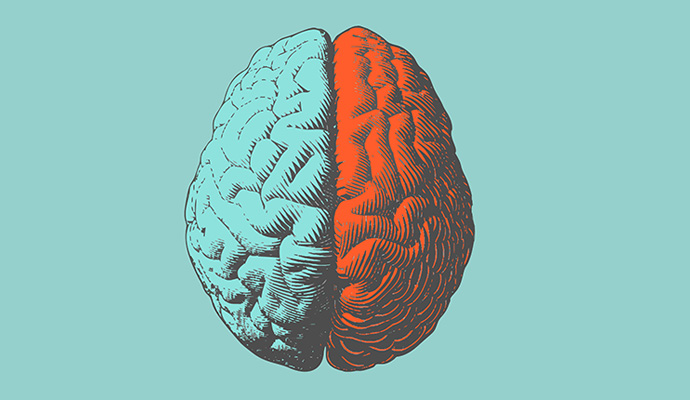AI Center Funds 5 Pilot Projects to Support Aging, Alzheimer’s Care
Five pilot projects dedicated to the use of artificial intelligence to enhance the aging process received $250,000 each from MassAITC.

Source: Getty Images
- Driven by its mission of using artificial intelligence (AI)-enhanced technology to support healthcare among older adults, the Massachusetts AI and Technology Center for Connected Care in Aging and Alzheimer's Disease (MassAITC) funded five new pilot programs.
A National Institute on Aging (NIA) Collaboratory, MassAITC engages in continuous research on leveraging AI-enhanced technologies to improve care for older adults and those suffering from Alzheimer’s disease and related dementias (AD/ADRD).
In a recent announcement, MassAITC indicated its plans to fund five new pilot projects. Involving collaboration between the Center for Personalized Health Monitoring (CPHM) and various companies, these projects will each receive $250,000 in funding and the ability to grow within MassAITC. The grants will be split between industry and University of Massachusetts investigators.
Although all five projects aim to use technology to support aging populations, they vary in terms of structure and goals.
A partnership between Electronic Caregiver and the Center for Human Health and Performance (CH2P) resulted in a project that aims to limit fall risks. It seeks to do so through computer vision and AI-driven functional assessments.
Joyita Dutta, PhD, a UMass Amherst associate professor in the department of biomedical engineering, the Sleep Monitoring core facility, and DREEM, a developer of EEG headsets, launched a project that uses the DREEM headband and smartwatch to study AI-based sleep staging.
Another effort consists of validating a remote sensor for continuous health monitoring to support aging in place along with AD/ADRD care management. This derives from a partnership between Tellus, an IT company based in California, Rebecca Spencer, PhD, a UMass Amherst associate professor in the department of psychological and brain sciences and director of the sleep monitoring lab, and the Sleep Monitoring core facility.
A Massachusetts-based impairment testing company, known as Impairment Science, and associate professors from UMass Mechanical and Industrial Engineering, are leading the next effort. This consists of leveraging the Druid Impairment App to support the driving skills of seniors.
The last project derives from a collaboration between a Michigan company, known as TraceBio, and CH2P. This effort aims to validate a wearable sensor for orthostatic vital signs (OVS) to prevent falls before they occur.
This is not the first time that MassAITC has approved and funded projects. The press release describes that eight pilot projects involving external companies gained approval within the last two years. Like those that received approval during this cycle, these pilot projects aimed to leverage technology to assist older populations.
Aside from this organization, many projects have recently gained support to advance aging research through technology.
In February, the Johns Hopkins Artificial Intelligence and Technology Collaboratory for Aging Research (JH AITC) confirmed that 14 pilot projects gained funding from the National Institute on Aging.
As described via a press release, this funding aims to support the development and use of AI devices to improve healthcare and quality of life for older populations.
